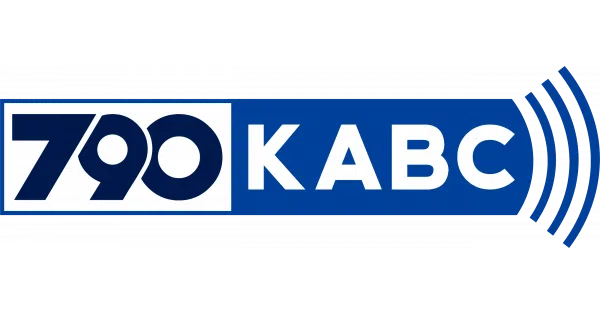Experienced Employment Lawyers in Riverside, California
Since 1993 firm owner Karl Gerber has handled more than 2,000 separate California employment cases with a high rate of success of all binding arbitration and jury trials he has first chaired. All employment cases for employees are taken on a contingency. We are only paid a fee when and if we win. We advance all costs. We handle wrongful termination, discrimination (age, disability, national origin, pregnancy), sexual harassment, medical leave (FMLA, cancer leave), unpaid commissions, overtime, and missed meal break cases.
To contact a labor lawyer, call us at (951) 367-1000
Merely being terminated due to a work related injury is a difficult issue now that two different California Courts of Appeal have come to different rulings on this issue. Until the Employment Lawyers Group or another employment lawyer gets this issue before the California Supreme Court, if you suspect that your termination of employment was due to a work related injury, it is important that you speak to the Employment Lawyers Group who has experienced attorneys in this area who can properly advise you whether you can sue for the loss of your job. A detailed analysis must be taken whether your work related injury has caused what the law recognizes as either a serious medical condition qualifying you under the California Family Rights Act otherwise known as the Family Medical Leave Act, or a disability for which your employer must accommodate including through a leave of absence. In addition, exactly where your employer employed you is important because the law is not being uniformly applied in California in respect to employment terminations solely due to work injuries.
Proudly Representing Employees In:
Banning, Beaumont, Blythe, Cathedral City, Coachella, Corona, Hemet, Indio, Jurupa Valley, Lake Elsinore, La Quinta, Menifee, Moreno Valley, Murrieta, Norco, Palm Desert, Palm Springs, Perris, Rancho Mirage, Riverside, San Jacinoto, Temecula.
Our Firm: No upfront fees or costs
Contingency Fee Representation
All employment cases for employees are taken on a contingency basis. We are only paid a fee when and if we win your case, and we advance all litigation costs. Our goal is to make expert legal representation accessible to every hardworking employee.
Serving Riverside County
We have proudly served all of Riverside County since 1993.
The Employment Lawyers Group has successfully handled
2,000+
Separate California Employment Cases
Media Engagements
Sample Case Results
Employment Case
$18,402,868
Jury verdict for male visually harassed and subject to crude comments by a female manager
breach of commission contract
$1,150,000
Unpaid commissions of two plaintiffs
unpaid wages
$875,000
For 4 oil field service industry workers whose times worked were not recorded on timesheets and were on-call
Disclaimer: These results are based on the facts of these specific cases and do not guarantee or predict a similar result in any future case.
Practice Areas
Discrimination
Age, Disability, Family Medical Leave (FMLA/CFRA), Gender, National Origin, Pregnancy, Race, and Sexual Orientation claims.
Unpaid Wages & Overtime
Recovering earnings for Overtime, Bonuses, Commissions, Meal & Rest Breaks, and Prevailing Wage violations.
Sexual Harassment
Compassionate and effective representation for victims of sexual harassment and hostile work environment claims.
Wrongful Termination
Representing employees terminated in violation of public policy, contracts, or California and Federal law.
Leaves & Retaliation
Protecting employees who face adverse actions after reporting illegal activity or taking protected medical leave.
Whistleblowers
Advocating for employees who report fraud, waste, or abuse in their organizations under whistleblower protections.
Our California Locations
![]() Bakersfield
Bakersfield
5401 Business Park S, #214,
Bakersfield CA 93309
![]() Sacramento
Sacramento
777 Campus Commons Rd, #200,
Sacramento CA 95825
![]() San Francisco
San Francisco
524 Union St, #400,
San Francisco CA 94133
Additional Sites
About Firm Founder, Karl Gerber
Firm Founder, Karl Gerber, has been an employment wrongful termination attorney since 1993. He has represented a wide range of employees throughout California.
Mr. Gerber has won 51 of the binding arbitrations and jury trials he first chaired, and a number of his appeals are published. This deep trial experience is the foundation of the firm's strategic approach to litigation.
The employment attorneys employed by the Employment Lawyers Group have worked at the firm well in excess of five years, have also tried many different labor cases, and have all been extensively trained on employment wrongful termination by Karl Gerber.
Ready to Discuss Your Case?
Your rights as an employee matter. Contact us for a free, confidential case review.
Prefer to speak directly?
Call Us: (951) 367-1000













